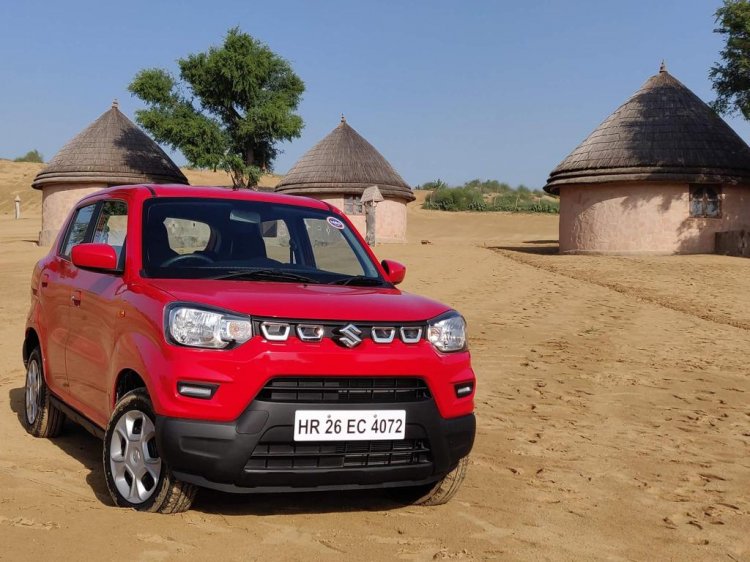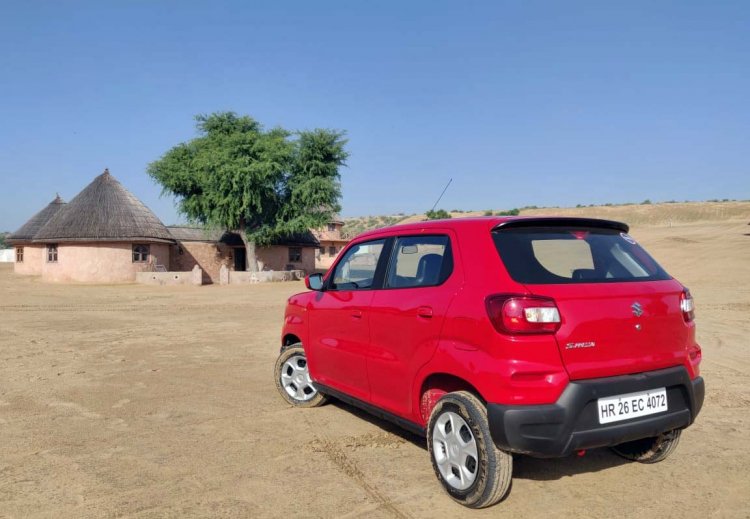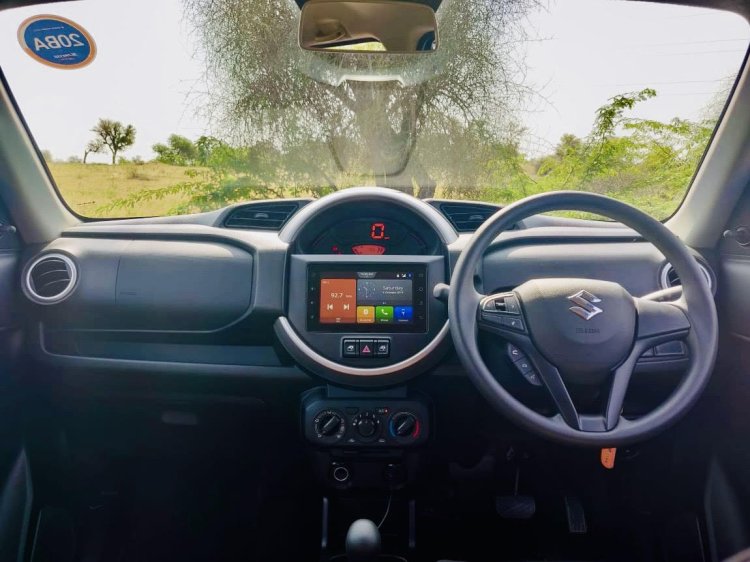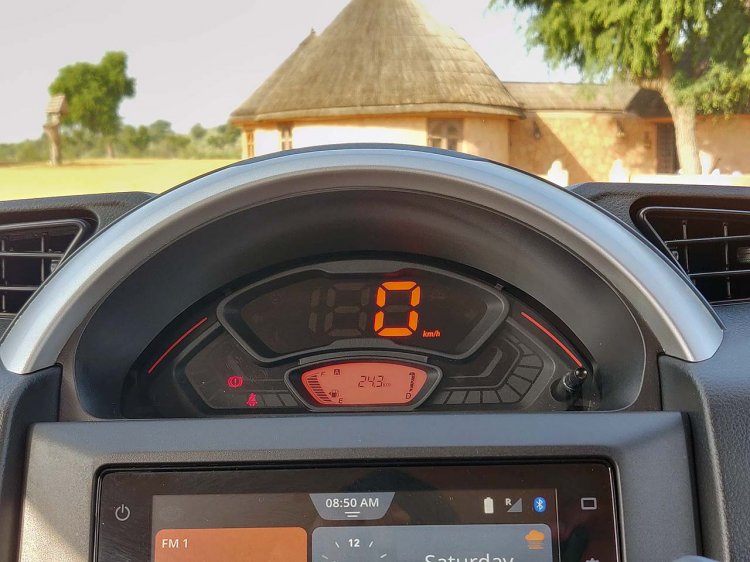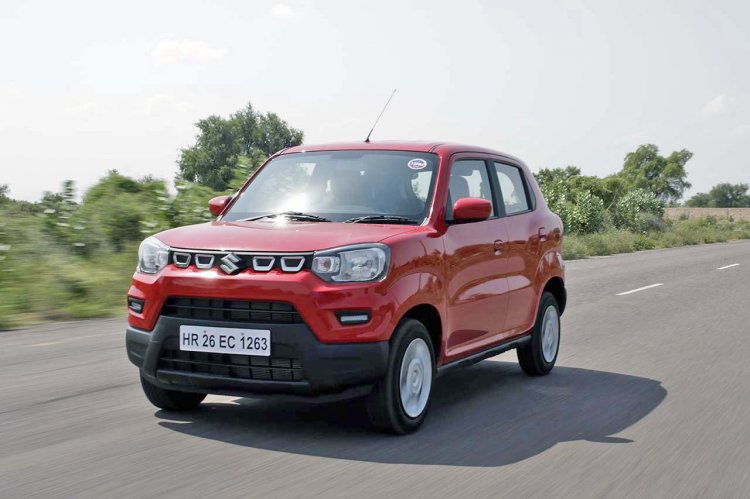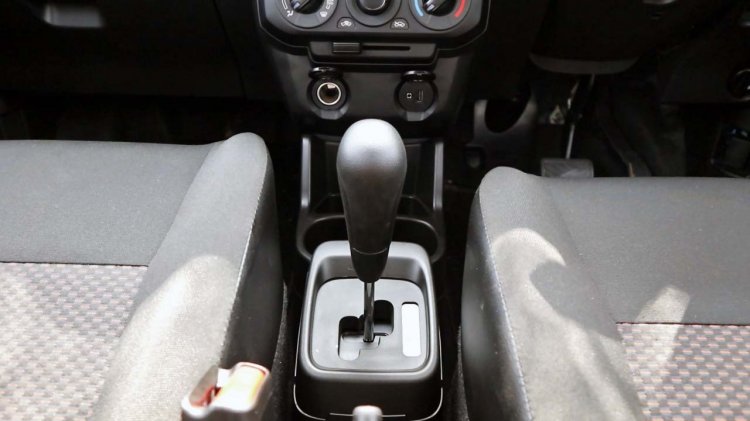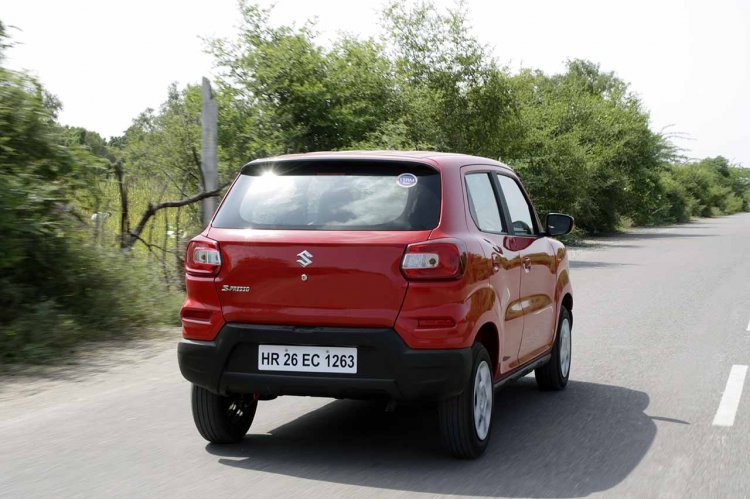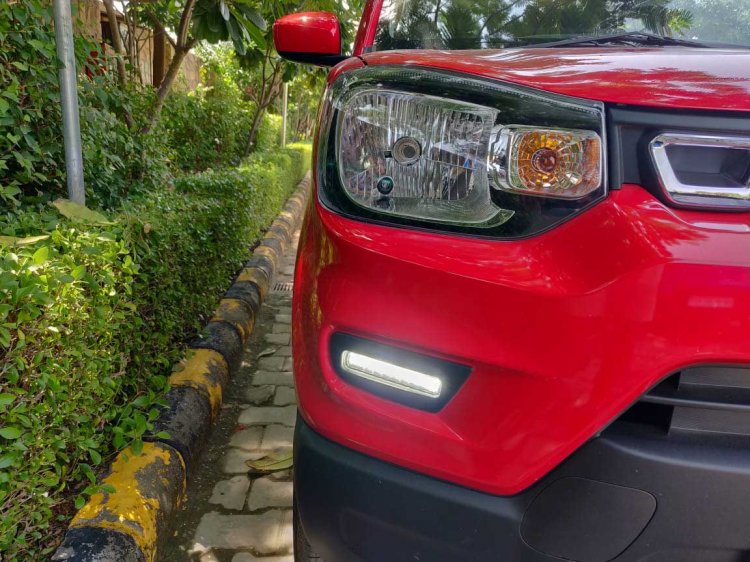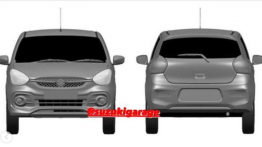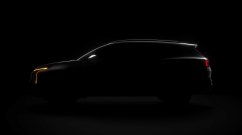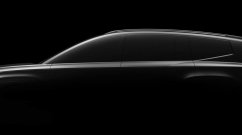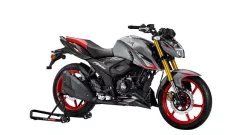Prologue
espresso noun
UK /esˈpres.əʊ/ US /esˈpres.oʊ/
Strong coffee, or a cup of this, made by forcing hot water through crushed coffee beans and served without milk
The espresso has been one of the most popular beverages across the globe. For the uninitiated, the term “espresso” came from the word “for express”, which basically means that the drink can be immediately served to the customers. While espresso is a widely used coffee brewing method, it pretty much pales in comparison to the appeal of tea in the local context. Interestingly, a parallel can be drawn between the entry-level segment of the Indian market and the aforementioned beverages. While the Alto-twins have been the undisputed leaders of the market, models like the Renault Kwid, enjoy a distinct identity and a dedicated set of followers, which are, of course, outnumbered by the tea connoisseurs. That said, the parallel universe of cars recently witnessed the advent of a namesake in the form of the Maruti S-Presso and our first-drive review here should help you decide if the introduction of the latest budget option can draw buyers away from the convention and take them to an altogether different yet equally likeable flavour.
Exterior
The Maruti S-Presso was previewed as the Future-S concept that debuted at last year's Auto Expo. While it's not uncommon for production models to miss out on the radicalism of their concept avatars, it's interesting to note how the aesthetics of the S-Presso are a far cry from those of the show car. With that being said, the new model does maintain the crossover-ish stance of the Future-S, which puts it in crosshairs of the Renault Kwid and the Datsun redi-GO. While the initial impressions of the exterior design of the new model are not entirely positive, what's for sure is that the S-Presso is not yet another plain-jane, vanilla bargain-basement offering.
The function-over-form approach of the design team would not help the car win beauty pageants but the new entry-level offering does have some interesting elements that help it get enough street cred. The front-end, for instance, has a typical crossover look with a pretty bold, two-tone bumper and a high-set hood. The chunky headlamps and 'toothed' grille would further help you draw parallels with everything from third-gen Suzuki Jimny to the Maruti Vitara Brezza. Personally, I'm not a big fan of the nose-heavy look but the S-Presso does manage to look far more interesting than the Alto twins. Also, lest I forget to mention, the horizontally positioned LED DRLs incorporated into the front bumper are optional extras.
Things do tend to get a tad boring on the sides as the soft creases and the huge expanse of sheet metal make the car slab-sided. The door handles come from the Alto parts bin, while even the pillars and the DLO have some resemblance with the conventionally-styled sibling. The only little saving grace here is the black plastic cladding on the side skirts, which provide a visual connect with the front-end. The rear-end, however, compliments the front with a similar two-tone bumper and a large set of tail lamps. Also, the new model features a rather discreet integrated roof spoiler, which adds some jazz to the posterior.
Interior
Unlike the exterior, the cabin has a fair resemblance to the interior design of the concept model. Of course, the production version misses out on the suicide doors and even the rather futuristic looking panels, but akin to the design study, it does get a centrally-located instrument console nestled in a round bezel. The company asserts that the dashboard layout takes inspiration from a digital wristwatch. On close inspection, one can observe the protruding design elements of the dashboard plastic on either side of the round centre console mimicking straps of a timepiece, thereby providing validation to the above claim.
The all-digital instrument console is flanked by air-con vents and is positioned above the company's SmartPlay Studio touchscreen infotainment unit that supports Apple CarPlay and Android Auto. The round panel that features the touch-unit and the speedo cluster is highly reminiscent of those found in the MINI range of vehicles, which, while offering a more sophisticated setup, have a somewhat similar layout. Also, the quality of materials is pretty good, especially for a vehicle of this class.
In spite of a small footprint, the S-Presso offers a pretty spacious cabin. At the front, the seats offer good support and have the right amount of bolstering. The large greenhouse makes the cabin sufficiently airy and the driver sits pretty high up to have a good view of the road, à la SUV. The rear passengers enjoy enough legroom, even with the front seats set for passengers with a height of more than 5'10''. The bench seat is also well-bolstered but can do with bigger headrests.
Performance
Powering the Maruti S-Presso is the company's K10B petrol engine in a BSVI-compliant avatar. The three-potter outputs a maximum power of 67 bhp at 5,500rpm and a peak torque of 90Nm at 3,500rpm. Coupled with a kerb weight of merely 726 kg, the free-revving motor makes this entry-level hatchback pretty quick off the block.
There's enough grunt on offer almost throughout the rev range, with the performance build-up hitting a plateau only around the redline. The eager motor and well-defined gear ratios make it pretty easy for the S-Presso to pick up the pace in the second cog after slowing down on blind turns or before the speed-breakers. The high tractability leads to reduced gearshifts while trotting along the crowded city streets.
Other than the smooth-shifting 5-speed manual transmission, the S-Presso is even available with an optional 5-Speed AMT (AGS in Maruti speak). Maruti Suzuki is known to offer some of the most well-tuned AMTs around and the one offered on the S-Presso throws no surprises in this regard. The unit feels smooth and the inherent jerks during gearshifts are well contained. When driven with a light foot the gear changes are relaxed and happen at a relatively low rpm. With the pedal down to the metal, the transmission holds on to every gear till the redline. That said, we do feel the gearbox should have been a bit more eager to downshift. You can, however, engage manual mode to override the automatic gearshifts.
Underpinning the Maruti S-Presso is the company's new HEARTECT-K platform that has been derived from the architecture of the JDM-spec Suzuki Alto that is classified under the 'Kei' category of vehicles. We drove the S-Presso on the splendid expressways around Jodhpur and the new model offered pretty impressive high-speed stability for a vehicle in its class. The feather-light steering wheel remains dull for most parts but is sufficiently direct and helps you easily make your way on the congested streets. There's some vertical movement during quick lane changes but things never get unnerving. Mostly, we drove on the well-paved expressway and hence, we can't give you our definite word on the ride quality. That said, the soft suspension ensured that things never got too uncomfortable for the occupants while passing over slight undulations and speed humps around toll-plazas.
Epilogue
The Maruti S-Presso is not perfect by any stretch of the imagination. For starters, its boxy design would take time to grow on you. Moreover, its features list looks pretty ordinary, in spite of the top-spec model's sticker price hovering around the INR 5 lakh mark. Delve deeper, however, and you'll appreciate the brilliance of the K10 motor, a sufficiently responsive AMT, a world-class platform and an adequately spacious cabin. The S-Presso is an entry-level offering and even feels like one but true to its name, it delivers quite a punch in spite of the small size. This, we reckon, is enough to help the new budget offering establish itself well in the highly competitive small car market.





